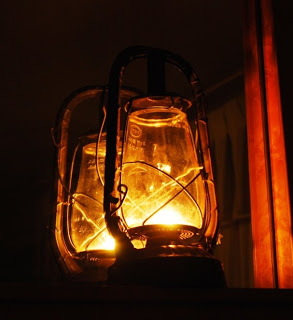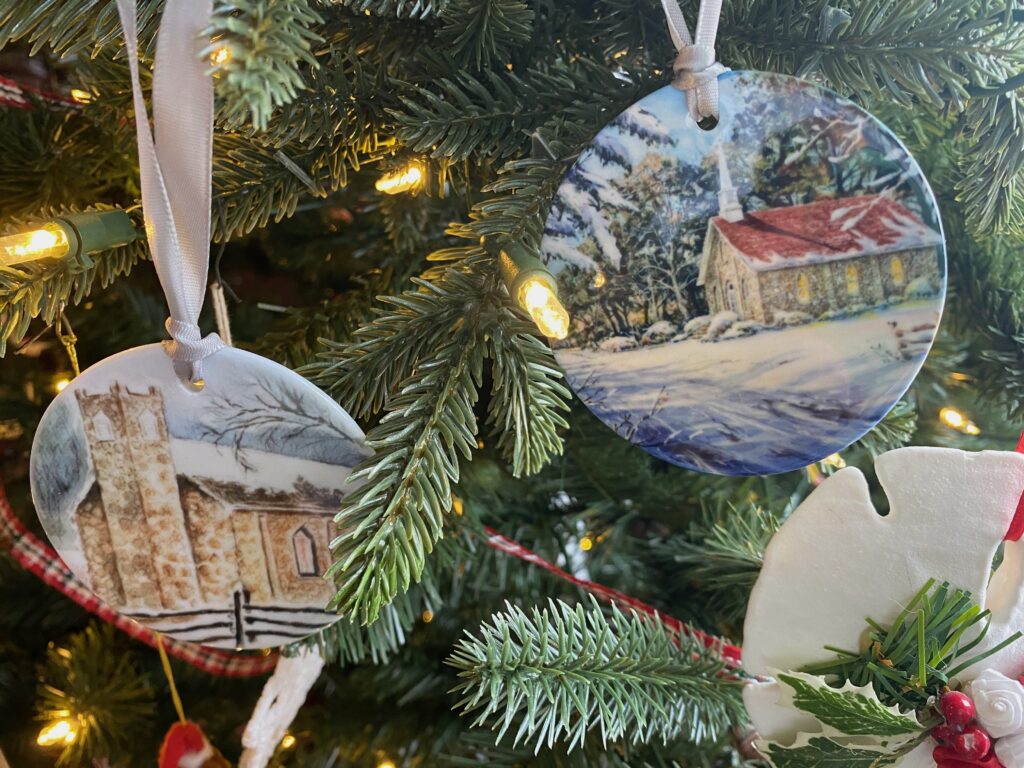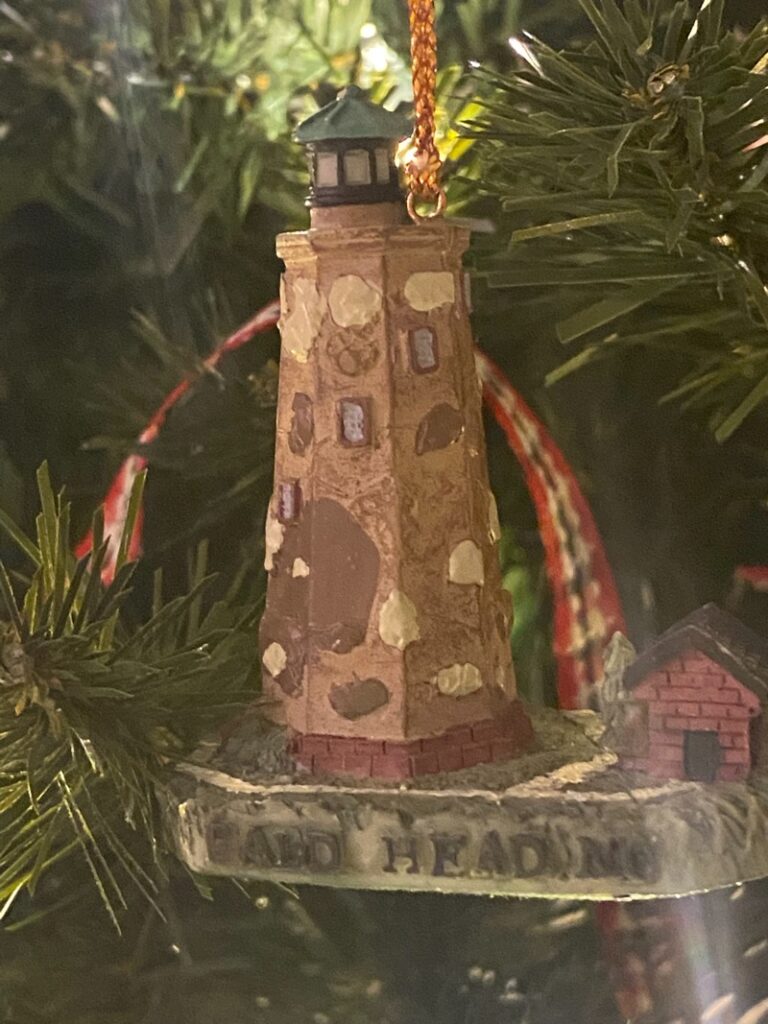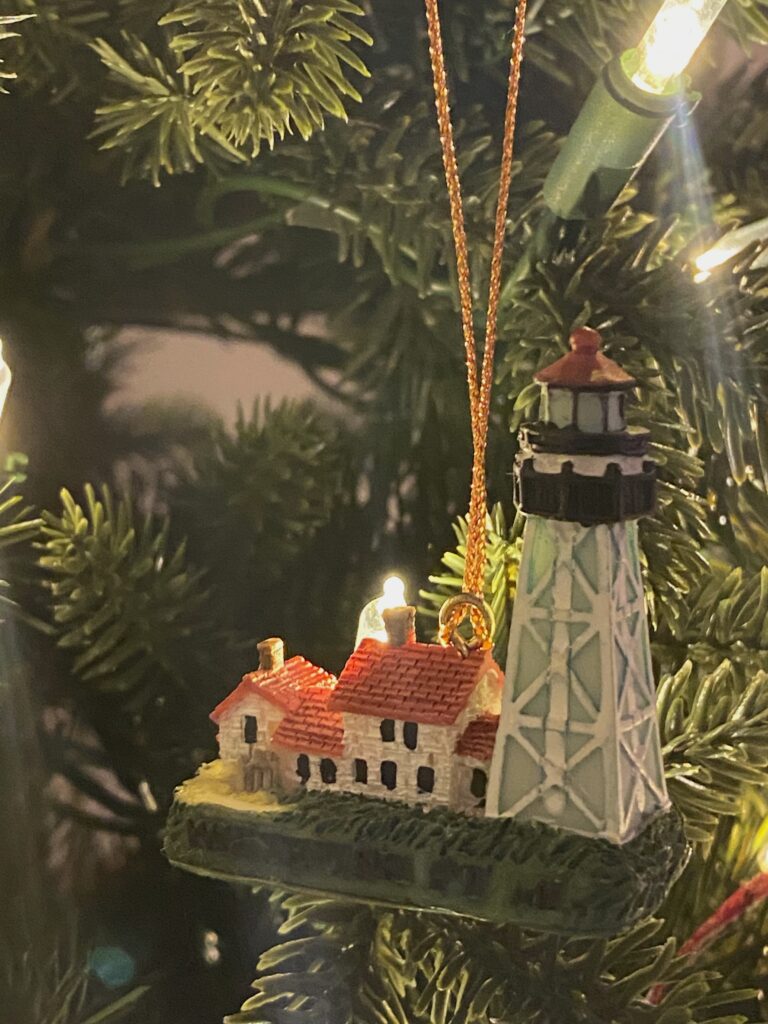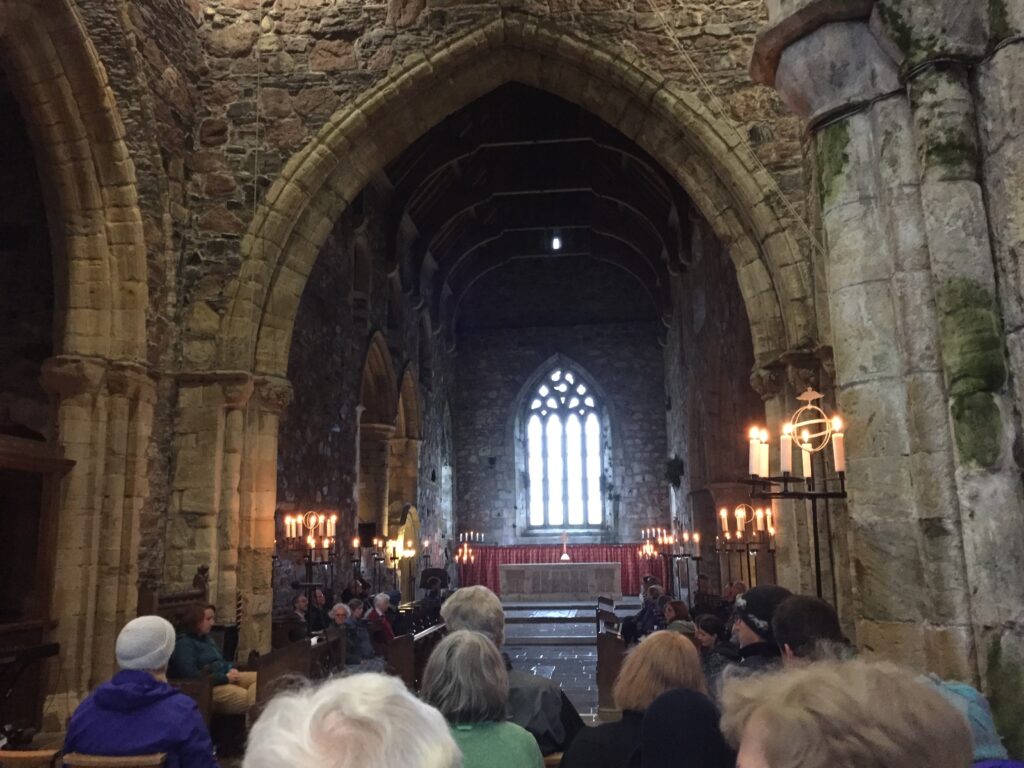Jeff Garrison
Mayberry and Bluemont Presbyterian Churches
January 16, 2022
Daniel 7
Because of the winter storm in our area, neither church will be worshipping in person this morning. To help you in your worship times at home, I have added the bulletin and prayers for today after the sermon. The announcements for both churches are below the bulletin. Be safe in this cold and wintry weather!
At the Beginning of the Service:
Today, we’re back in the book of Daniel, working our way through the last half of the prophet’s book. As you remember from the fall, the first half of Daniel tells a series of stories about faithful Jews who were living in exile in Babylon. These stories demonstrate the possibility of remaining faithful to God even when everyone around you worships differently.
You know, it would be easy to throw up your hands and go along with the crowd. But what if you believe your God reigns above all other gods, created the world and the universe, and sustains all life? Of course, it’s harder to believe this if your God’s temple has been destroyed along with the holy city. Many from Israel, I’m sure, gave in. But a few continued to hold tight to the God of their childhood, the God of their ancestors, the God and Father of our Lord Jesus Christ.
Daniel described through the study of economics
Now, let me suggest a new way at looking at Daniel. I’m taking this concept from economics. If you studied economics in college, you had two basic classes that set the foundation. You took a class in micro-economics, which focuses on economic behavior of individuals and firms dealing with limited recourses. Then there was a class in macroeconomics, which looked at the larger economy and how things work on a national and international level
.
In first six chapters of Daniel is like microeconomics. We look at how individuals live out their faith when challenged with obstacles. In the second half, we take a step back and look at nations and how they relate to one another under God’s watchful eyes. A simple idea immediately comes to mind. Nations and societies, which is where we live out our faith, are always corrupt. Yes, some are worse than others, but then, as Paul says in Romans, “all have sinned and fallen short of the glory of God.”[1]
There is another different between the first and second half of Daniel. The first is based on stories. The second half moves into the apocalyptic, an entirely new genre. This is the world of strange beings, that represent kingdoms. These beasts are not individual sinners, but an example of how individuals can come together and create evil greater than would be possible by one person.[2]
I am not going to read the entire 7th Chapter today. It’s a bit long. But I will read enough for you to understand what’s said. As you watch this at home, you could pause your computer long enough to read the entirety of the chapter. This chapter involves three sections, all of which are encapsulated into a dream. First, there is a terrifying vision of beasts, then a vision of divine judgement. The dream concludes with Daniel asking an attendant of the court to interpret what the meaning of it all. When Daniel wakes up, he’s terrified.
After the reading of Scripture
My Dream
I still remember the dream 10 years later. At the time there was a small group in the church I served that wasn’t happy. I found myself, as pastors often do, in a conflict. There were several sides to it all. Most supported me, but a few didn’t.
In a dream I had during this time. I was with one of those who wasn’t supportive of me. We’d had exchanged some harsh words. In the dream, we were down south in a backyard, where there was a woodpile. This man discovered a copperhead, a poisonous snake often found in woodpiles. By the way, I was in bed in Michigan, outside the snake’s geographic range for this dream. I supposed was why the dream was set in the South, where copperheads live.
Daniel’s Dream
In the dream, this man grabbed the snake by its tail. Then he called my name and as I turned toward him, he slung the snake at me. While shocked, I remained calm. I caught the snake, quickly grabbed its head so it wouldn’t be able to bite, calmed it down for a minute, and walked into the woods behind the woodpile, where I released it.
Obviously, at this point, I woke. Strangely, I felt everything would be okay. As troubling as the dream could have been, it wasn’t a nightmare. As I laid in bed, I was comforted in the realization I would be okay, that this guy couldn’t harm me.
That said, I’m not sure why Daniel was so trouble by his dream, or perhaps dreams, as it sounds in verse 26 as if the dream or vision occurred in two parts, in the evening and in the morning. While the beasts sound terrifying, there is also good news here.
In this chapter, Daniel takes on a new role. In the opening part of the book, he’s been the one who interprets dreams and strange phenomenon. In the fifth chapter with Belshazzar, he’s even drawn out of retirement to interpret the strange events happening at a royal party.[3] But in Chapter 7, Daniel is the one dreaming and he must rely on others to help him understand the meaning.
Daniel’s dream occurs by a trouble sea. The winds are whipping in all directions, whipping up the waters. And if that’s not frightening enough, beasts are rising out of the sea. These are not animals that exist… A lion with the wings of an eagle, a bear with tusks, a four headed leopard with wings, and a fourth with iron teeth and ten horns.
Then, his dream shifts to a judgment scene. The Ancient One, obviously a reference to God, sits on his throne, ready to pronounce judgment. But one of the horns in the last beast is so arrogant that receives an immediate verdict, assigning it to burning death. The other beast loses their dominions. But not their life. Their judgment is postponed. At this point, we see one coming as a man in the clouds. Dominion and kingship are conferred upon him. His kingdom shall never be destroyed.
Interpretation of the Beasts in Daniel’s Dream
Lots of stuff has been made of the meaning of these beasts and what is going on Daniel’s dream. Of course, the vision stuns Daniel, as it would us. Daniel asks for an interpretation. Like it was with Nebuchadnezzar’s dream in the second chapter, these beasts represent different kingdoms coming upon the earth.[4] And while everyone agrees that the beasts represent different kingdoms, there are a number of interpretations of which kingdoms they represent. Most everyone agrees that the first beast represents Babylon. Beyond that, there’s wild speculation.
The one interpretation that, in my opinion, has the most validity, has the kingdoms lining up like this: Babylon, Medes, Persians, and the Greeks.[5] The ten horns that come from the last beast are those who assumed leadership over sections of the Greek empire after the early death of Alexander. And the one little horn that speaks so arrogantly that it quickly brings down God’s wrath is Antiochus IV, who ruthlessly ruled Syria and created a nightmare in Jerusalem when he desecrated the temple.[6]
What I think is important to understand from this dream isn’t necessary which beast goes with which kingdom, but the idea that all kingdoms built by humans are sinful. However, some are better than others. Perhaps this is why judgment was immediate upon the arrogant horn, and other horns were allowed to continue longer. My point is to remind you that the importance of each beast isn’t to provide us with a historical or future map. Again, as I reminded you last week, God’s word should not be used as a roadmap to the future. The Bible helps us live in the present.[7]
The problem with kings (and those with power)
Think back into the early history of Israel. The people demand a king. God didn’t want them to have a king and warned Israel about the dangers of a king. Desiring a king was a rejection of God[8] Of course, eventually Israel was given a king. Even the best of their kings was flawed.[9]
The seventh chapter of Daniel reminds us of human sinfulness and how our hope can only be in a kingdom that is divinely constituted. Again, this doesn’t mean that some kingdoms won’t be better than others.[10]Some kingdoms are better, just as our depraved state doesn’t mean we’re so bad that we can’t get worse. We can always become more wicked, especially when we collectively gather to further a particular idea that becomes as sacred as an idol. As Paul in our reading from Romans reminds us, when left to our own devices, we’re on a path to ruin.[11]
We should take from Daniel’s dream a healthy dose of cynicism, or at least suspicion, when it comes to politicians and governments. While I believe it is true that God can work through anyone, even those who are evil, none of them are worthy of our worship. First, our worship belongs only to God. Second, when we too heavily invest in human endeavors, we either set ourselves up to be disappointed, or we blind ourselves from reality.
I came across a quote this week, that when I read it, I stopped and wrote it down. It goes:
“It is always dangerous to be too devoted to a narrative. It can lead one to abandon reason in favor of the cause. I’ve seen it result in terribly wrong actions from partisans of both the right and left.”[12]
What the seventh chapter tells us is that human institutions will, sooner or later, fail us. This doesn’t mean we don’t try to do things better. After all, in the first six chapters of Daniel, we’re given a glimpse into faithful Jews who were working for the well-being of those in the Babylonian empire. The key, however, is that they always placed God first. And that’s what is required of us.
The hope in Daniel 7
Until that new world promised in verse 14 comes about, we should remember that we live in a sinful world. If we’re to have any hope, we must always place God foremost in our lives. Amen.
[1] Romans 3:23. Of course, Paul is not referring to Jesus Christ here.
[2] See Temper Longman III, Daniel: The NIV Application Commentary (Grand Rapids, MI: Zondervan, 1999), 196.
[3] For my sermon on Daniel 5, go to https://fromarockyhillside.com/2021/09/the-writing-on-the-wall/.
[4] For my sermon on Daniel 2, go to https://fromarockyhillside.com/2021/08/gods-wisdom-vs-human-wisdom/
[5] Other lists have them as Babylon, Persian (including the Medes), Greek, and Romans. Some even have the final beast at the end of time and the 10 horns representing modern nations.
[6] See Robert A. Anderson, Signs and Wonders: Daniel (Grand Rapids, MI: Eerdmans, 1984), 78-81.
[7] For last week’s sermon, go to https://fromarockyhillside.com/2022/01/remain-at-your-post-stay-awake/
[8] See 1 Samuel 8, especially verse 7.
[9] The great king, David, who desired God’s heart, also had a man killed to cover up his adultery. Solomon took many wives, some of whom brought in their foreign gods. Josiah, the best of the kings in 1st and 2nd Kings; however, Jeremiah treats him in a more reserved manner. For Josiah, see Robert Althann, “Josiah,” Anchor Bible Dictionary, volume III (New York: Doubleday, 1992), 1016-1017.
[10] This was the thesis of Reinhold Niebuhr’s, Moral Man and Immoral Society. As people come together, we can bring about even more evil.
[11] Romans 3:9-18, especially verse 16.
[12] https://twitter.com/atticus59914029/status/1480876348591726592?s=27

20220116 Rough Bulletin
The red sections would not appear in the bulletin but are for the liturgy
Individual sinners are harmful, sometimes deeply. But sinners bound together behind a group cause can cause great devastation. Nationalism, racism, sexism, denominationalism, factionalism—great evil can arise when sinners come together with a common purpose against someone outside of the group, the “other.” We can depersonalize the other; they aren’t quite human, and so to harm the other is not quite the same as hurting on of our own.”
-Tremper Longman III, Daniel: The NIV Application Commentary (reflecting on Daniel 7)
Prelude
Welcome, Announcements, & Introductions
Call to Worship (Psalm 104: 1-4, 31-35)
Pastor: Bless the Lord, O my soul.
People: O Lord my God, you are very great. You are clothed with honor and majesty, wrapped in light as with a garment.
Pastor: You stretch out the heavens like a tent, you set the beams of your[a] chambers on the waters, you make the clouds your chariot, you ride on the wings of the wind, you make the winds your messengers, fire and flame your ministers.
People: May the glory of the Lord endure forever; may the Lord rejoice in his works—who looks on the earth and it trembles, who touches the mountains and they smoke.
Pastor: I will sing to the Lord as long as I live; I will sing praise to my God while I have being.
People: May our meditation be pleasing to God, for we rejoice in the Lord.
Pastor: Let sinners be consumed from the earth, and let the wicked be no more.
People: Bless the Lord, O my soul.
Pastor: Praise the Lord! Let us pray.
Prayer of Adoration
God of light and truth, you are beyond our grasp or conceiving. Before the brightness of your presence the angels veil their faces. With lowly reverence and adoring love, we acclaim your glory and sing your praise, for you have shown us your truth and love in Jesus Christ, our Savior. Amen
*Opening Hymn #
Call to Confession (referring to Daniel 7:10)
In the 7th Chapter of Daniel, we hear of the heavenly court in judgment, with the books open. Before then, we need to confess and sin and depend on the mercy shown us in Jesus Christ.
Prayer of Confession
Gracious God, you have given us the law of Moses and the teachings of Jesus to direct our way of life. You offer us your Holy Spirit so that we can be born to new life as your children. Yet, O God, we confess that the ways of death have a strong attraction and that we often succumb to their lure. Give us the vision and courage to choose and nurture life, that we might receive your blessings. Hear now our personal confessions as we pray silently…
Silent Prayer of Confession
*Assurance of Pardon (1 Peter 2:24)
Jesus himself bore our sin in his body on the cross so that, free from sins, we might live for righteousness; by his wounds we have been healed. Amen.
New Testament Reading Romans 3:9-20
Presentation of our Gifts
Prayer of Dedication
Gracious God, we give our best, lest in gaining the world we lose life itself. As a covenant people, we seek to witness to your will and way. Help us to know more clearly what you would have us do with the wealth entrusted to our care. As we contribute to the needs of your people, we present ourselves as living sacrifices. Through Jesus Christ, our Lord, we pray. Amen.
Sharing of Joys and Concerns
Pastoral Prayer
The Lord’s Prayer
*Hymn
Sermon The Failure of Human Desire and our Hope in God
Daniel 7
*Affirmation of Faith Apostles’ Creed
Hymn
Benediction
Announcements for Bluemont
¬ Sunday School is held every Sunday at 9:30 a.m. in the Fellowship Hall. (obviously cancelled)
–Please remember to bring paper towels, toilet paper, and laundry detergent pods to church today, and January 23 and 30. We are collecting these items for the Joy Ranch Children’s Home. Collection boxes will be in the narthex.
¬The Monday Pastor’s Bible Studies will be held on January 17 and 24 via Zoom at 1 p.m. If you are not on the email list, and would like to be, let our pastor know ([email protected]) and he will add you to the list. On the day of the study, he will send a Zoom link along with an outline of the study.
¬The Thursday Bible Study will be held on January 27 at 10:00 a.m. in Fellowship Hall.
¬Join us for a new women’s group meeting on Tuesday, January 25, at 10:00 a.m. in Fellowship Hall to discuss strategic and meaningful ways to better our church and our community.
¬We ask that everyone wear a mask and continue to socially distance with seating in both the Sanctuary and Fellowship. Hall. Be safe and watch out not just for yourself, but also for your family, friends, and neighbors. Thank you.
Announcements for Mayberry
THIS MORNING (Weather permitting)
Worship – 9:00 am … Today is the second Sunday after Epiphany.
Fellowship – 9:45 am … Spend a few minutes in fellowship with your fellow believers in Christ enjoying each other and homemade casseroles, pastries, fruit, coffee, and tea!
THIS WEEK
Monday – Pastor’s “Zoom” Bible Study – 1:00 pm … Chat about today’s sermon then discuss the scripture on which next Sunday’s will be based. To join in email Jeff at [email protected]. On Monday morning, he will email your Zoom link and “food for thought” questions that will drive the conversation.
Monday – Addictions Recovery Support Group – 7:00 pm …(weather permitting) Meetings are held in Mayberry’s Outreach Center. For information, call the group’s leader, Deborah Reynolds, at 276-251-1389. She’ll be glad to help!
Tuesday – Presbyterian Men – Mayberry – 9:00 am.
Tuesday – Fitness – 5:00 pm … Aerobic and light hand weight exercises (geared for folks of our ages), plus shared friendships, prayer concerns, and a brief devotion led by our “certified” fitness trainer, Mandy Nester.
Thursday – Bible Study – Mayberry – 10:00 am.
Community
Saturday – Ruritan Breakfast – 7:00 – 12:00 am… Meadows of Dan Community Center
Saturday– Free Clothing Closet – 11:00 – 1:00 –Meadows of Dan Community Center



